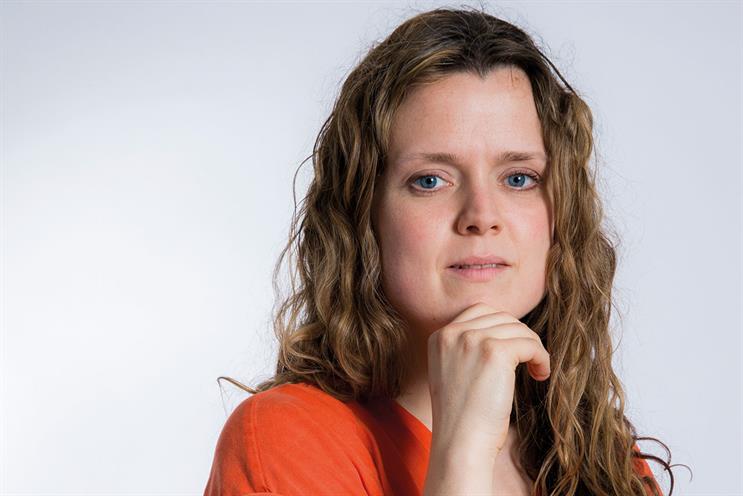What do agency executives do when they lose an account? I mean late morning, the day after they took the call. When the agency’s alcohol levels are coming back to normal and the physical pain is giving way to the five emotional stages of grief. It’s a struggle many people at Abbott Mead Vickers BBDO and Rainey Kelly Campbell Roalfe/Y&R will still be dealing with after their respective long-term partners, Sainsbury’s and Marks & Spencer, decided to move on last month.
In the advertising world, I’d wager the stages don’t necessarily arrive in the traditional order of denial, anger, bargaining, depression and acceptance. I’d suggest many people jump from denial to bargaining, offering to move superstar teams on to brands and fell dead wood. I’d say anger or depression comes after that. And, depending on the person’s sensitivities, the anger might never dissipate – particularly if a glad-handing holding company head was involved.
But some agency chiefs never arrive at acceptance. Instead of immediately looking to replace the airline/supermarket/FMCG-shaped hole in their accounts book, these industrious CEOs and MDs start planning for the brand’s return.
Perhaps one of the best examples of this strategy is Ogilvy & Mather’s approach to American Express when it moved the "most prestigious" () part of its US account into Chiat/Day/Mojo in 1991. Rather than sulking, Ogilvy & Mather New York’s president, Shelly Lazarus, and creative head, Bill Hamilton, resolved to make the most of what they kept hold of, the work encouraging retailers and restaurateurs to take the card.
As the "hip Chiat" campaign with a "90s, quirky tone" fell flat, O&M positioned American Express as the choice of proven and ethical business leaders such as Anita Roddick, then just entering the US with The Body Shop. This was so successful that American Express put the bulk of its media spend behind it at the expense of Chiat’s. – and still has it 25 years on. Other losses such as Maxwell House and Shell returned too, and the doom-laden prevailing narrative about O&M New York switched to one of revival.
As Phil Collins’ love life has shown, even seemingly permanent splits don’t necessarily have to be. In April, Saatchi & Saatchi reclaimed the £83m Asda account without even having to pitch after maintaining ties with the retailer while it was working with VCCP. OgilvyOne never accepted its loss of the British Airways customer loyalty and digital work, which departed after reviews in 2014 and 2015. Now, having won the UK social media account, OgilvyOne has a foothold from which to climb to even greater heights.
So there is some hope for OgilvyOne’s neighbours on the South Bank as well as some of those left at Greater London House – although, given the scale of the hangover at RKCR/Y&R, its immediate efforts might be better spent elsewhere.


